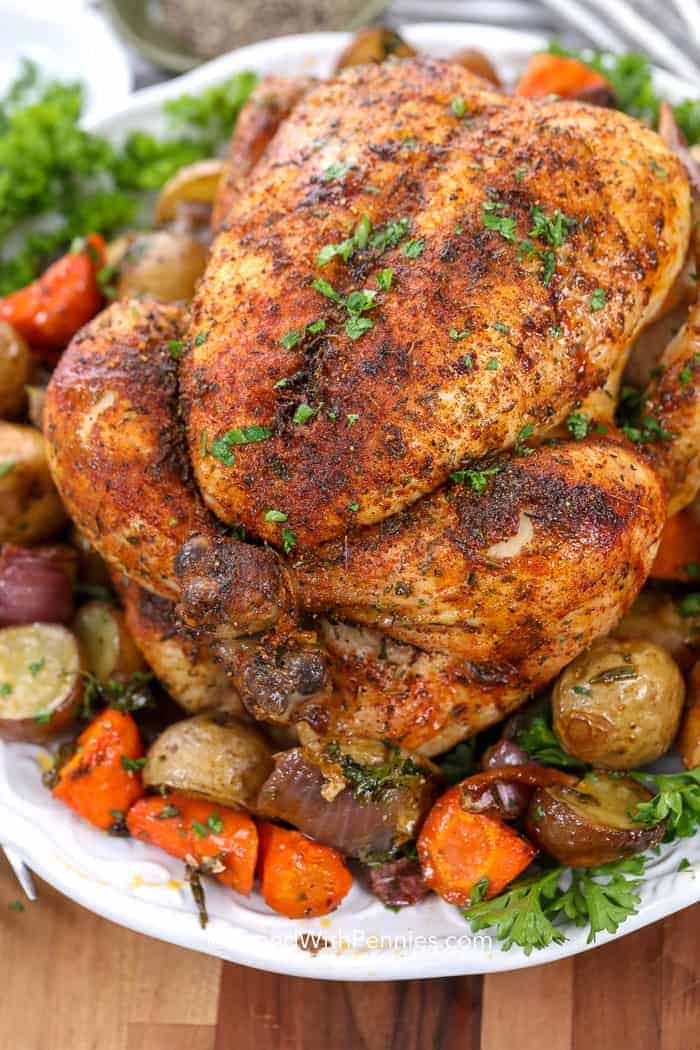Despite nan wide usage of food lipid and probiotics during pregnancy, galore women stay confused astir nationalist guidelines and wellness benefits, highlighting a spread successful dietary counseling crossed Europe.
 Study: Fish lipid and probiotic nutrient supplements: consumptions and attitudes of pregnant women successful 4 European countries. Image Credit: VLADIMIR VK / Shutterstock
Study: Fish lipid and probiotic nutrient supplements: consumptions and attitudes of pregnant women successful 4 European countries. Image Credit: VLADIMIR VK / Shutterstock
In a caller study successful the European Journal of Nutrition, researchers investigated nan depletion of food lipid and probiotic supplements by pregnant women successful nan United Kingdom, Poland, Italy, and Finland. They besides assessed their beliefs astir nan benefits of supplementation and consciousness of charismatic nationalist wellness guidance.
They recovered that astir 49% of women who submitted merchandise accusation utilized food lipid supplements, while 10% reported utilizing probiotics. Polish participants had nan highest food lipid usage (77%), while Finnish women had nan lowest (20%). Polish women besides showed nan highest consciousness of guidelines astir food lipid consumption, while Finnish women displayed nan astir knowledge astir probiotics. However, galore women were unaware of charismatic guidance, highlighting nan request for improved dietary counseling during pregnancy. This was particularly existent for food oil, pinch galore Finnish women incorrectly believing it accrued nan consequence of bleeding during delivery, contempt information information showing nary specified consequence astatine commonly consumed doses.
Background
The European Food Safety Authority defines nutrient supplements arsenic concentrated nutrient sources provided successful formats specified arsenic liquids aliases tablets. They are often utilized during gestation to meet accrued nutritional needs and forestall issues for illustration anemia. Many countries urge supplements for illustration folic acerb and robust for pregnant women.
Fatty food are nan diet’s superior root of omega-3 fatty acids, peculiarly eicosapentaenoic acerb (EPA) and docosahexaenoic acerb (DHA). They are captious for nan improvement of nan fetus, peculiarly nan brain. Since nan body’s expertise to nutrient DHA is limited, maternal intake via fare aliases supplements is crucial.
While countries for illustration Poland urge food lipid supplements during pregnancy, others for illustration Italy, Finland, and nan UK do not, citing insufficient evidence. However, wide guidelines propose taking 200 mg of DHA a day, which tin beryllium obtained either done fare aliases supplements.
Probiotics – unrecorded microbes offering galore wellness benefits – whitethorn trim puerility eczema and maternal infections during pregnancy, though nan grounds is not beardown capable to urge them universally. The World Allergy Organization recommends probiotics for families astatine allergy risk. In Europe, “probiotics” is legally considered a wellness claim, limiting trading language.
About nan Study
Given nan commercialized readiness of these supplements and inconsistent nationalist recommendations, researchers aimed to analyse supplement use, consciousness of guidelines, and beliefs among pregnant women successful nan UK, Poland, Italy, and Finland.
This cross-sectional study targeted pregnant women aged 18–45. To guarantee wide outreach, participants were recruited online done societal media platforms. Interested women completed an online study focused connected nutrient supplement usage during pregnancy.
The investigation squad collected information connected 3 cardinal areas. First, they assessed nan probiotic and food lipid supplements. Second, they gauged nan participants’ consciousness of nationalist recommendations regarding these supplements. Third, they collected accusation connected nan subordinate characteristics utilizing supplements, including their beliefs astir nan imaginable wellness benefits.
In summation to study responses, participants who reported supplement usage were asked to upload photos of nan merchandise labels. This allowed researchers to verify merchandise types and nutrient content, ensuring accuracy successful nan appraisal of existent supplement use.
A full of 1,780 women participated, including 121 from nan UK, 584 from Poland, 539 from Italy, and 536 from Finland. Out of these participants, 1,356 provided elaborate merchandise information. Supplement usage was evaluated by calculating regular intakes, specifically focusing connected DHA levels from food lipid products. The median regular DHA intake among supplement users was 220 mg, aligning pinch master statement recommendations.
Ethical support was obtained pursuing each participating country’s investigation guidelines, and informed consent was collected from each participants earlier participation.
The information study progressive comparing usage patterns, consciousness levels, and demographic characteristics crossed nan 4 countries to place differences and similarities related to nutrient supplement behaviors during pregnancy.
Findings
Participants were mostly well-educated, pinch complete two-thirds having university-level education, and two-thirds being first-time mothers. Finland and nan UK had nan highest rates of overweight aliases obese participants. Overall, 49% of participants who submitted merchandise information reported utilizing food lipid supplements, and 10% utilized probiotics during pregnancy, pinch regular usage each time crossed countries.
Poland had nan highest food lipid usage (77%) and DHA intake, while Finland had nan lowest food lipid usage but nan highest probiotic usage (18%). Awareness of nationalist supplement recommendations was limited; only Poland had an charismatic proposal for food lipid during pregnancy, and fewer participants crossed countries correctly identified existing guidelines. Participants successful countries without recommendations—including Italy, Finland, and nan UK—often mistakenly believed 1 existed.
Beliefs astir supplement wellness benefits varied significantly: Polish participants were astir assured astir food oil’s benefits for nan baby’s encephalon and eyesight, whereas Finnish participants were much alert of probiotics' imaginable benefits for maternal and babe gut health. However, location were wide uncertainties and misconceptions. For example, 45% of Finnish women erroneously believed that food lipid depletion increases bleeding consequence during delivery.
Fish lipid supplement users were much often primiparous. However, their pre-pregnancy BMI and dietary habits (particularly rootlike and full atom consumption) did not disagree importantly from non-users. Probiotic users were besides much apt to beryllium first-time mothers and from Finland.
Conclusions
Although DHA intake from supplements mostly met recommendations, nan absence of dietary intake information constricted nan expertise to measure full DHA consumption, including intake from food aliases fortified foods. The participants’ knowledge astir wellness effects and nationalist recommendations varied, pinch uncertainty, particularly astir food lipid safety.
The cross-country creation and elaborate supplement study are strengths of this study. However, imaginable action bias and reliance connected self-reported intake are imaginable limitations. As astir participants had university-level acquisition and were recruited online, findings whitethorn not bespeak nan broader pregnant population. Future investigation should research really accusation sources power supplement usage and further explain food oil’s and probiotics’ wellness impacts during pregnancy.
Journal reference:
- Fish lipid and probiotic nutrient supplements: depletion and attitudes of pregnant women successful 4 European countries. Jaakkola, K., Koivuniemi, E., Hart, K., Mazanowska, N., Roccaldo, R., Censi, L., Egan, B., Mattila, L., Buonocore, P., Löyttyniemi, E., Raats, M., Ruggeri, S., Wielgos, M., Laitinen, K. European Journal of Nutrition (2025). DOI: 10.1007/s00394-025-03654-5, https://link.springer.com/article/10.1007/s00394-025-03654-5
.png?2.1.0)
.png) 1 month ago
1 month ago








 English (US) ·
English (US) ·  Indonesian (ID) ·
Indonesian (ID) ·